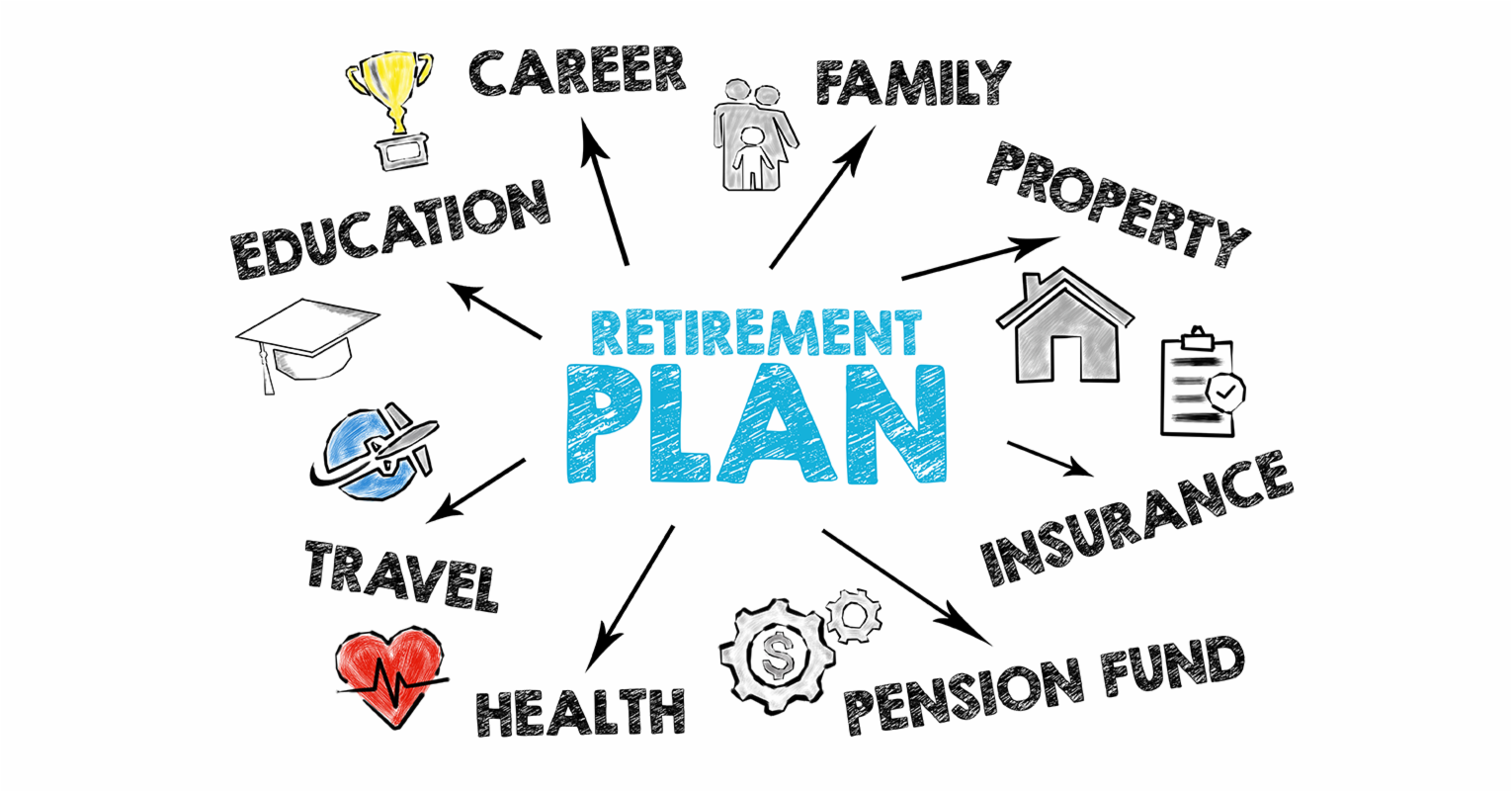
Ramesh is 50 years old and has not many more years to go before he retires. He has diligently planned for his retirement. He has saved a portion of his income, and invested in different financial instruments and savings schemes. He had been advised by a friend to invest in an equity fund. However, the returns were dismal and have continued for some time. A sustained economic inflationary environment could also affect his real investment returns. Market and inflation risk to retirement plans is common and can easily be managed.
Market Risques
Market risks are present in almost all financial products. Mutual funds and government-backed saving schemes, such as the National Pension Scheme, can expose you to equity markets. Although funds also invest in fixed-income and bonds, equity markets tend to be the most volatile. Equity-linked funds tend to do better over the long term, but they shouldn’t be your only source of income. Diversify your Portfolio is the key to managing risk. You can balance your risk by investing in debt that is relatively stable.
Inflation risks
When planning your retirement, you cannot ignore the risks of price increases. Inflation is the rate of price rises in a particular country. When investing for retirement, one should always consider the real rate. You can get a better picture of the real rate by subtracting the inflation rate from returns. If you receive 7 percent of your savings and the inflation is 5 percent, you will only earn 2 percent. If you withdraw money taxable, your returns could be further reduced, resulting in a negative return over time.
Health Risks
The rise in pollution is causing more health problems in the country. The cost of healthcare has also increased, putting retirees in a difficult situation. The majority of people do not purchase health insurance until they reach their twenties. Delaying can be expensive. Health insurance rates increase as you age. Health insurance policies purchased at a younger age are significantly cheaper than those taken at an older age. Most people rely on the group health insurance provided by their employers. You may lose certain benefits, such as the waiver of the waiting period, if your employer keeps changing insurers. Buy individual health insurance as soon as possible to avoid using your retirement fund for an expensive hospitalization.
Inadequate insurance
In the event of a tragic death, the family of a high-earning individual will be the most affected. Many people fail to prepare for unexpected circumstances such as death. Having adequate Future Generali care Plus can offer you a Rs 1 crore cover starting at Rs 618 per monthly 1. Online purchase of the policy can save you money on monthly premiums.
Tax Obligations
Many people do not plan for tax obligations that could arise as a result of current investments when planning retirement. Tax burdens can derail retirement planning by reducing your income and retirement corpus. Plan carefully to manage your tax obligations and invest in tax efficient instruments such as life assurance products.
Conclusion
Planning for retirement can be made easier if you have a good idea of what your expenses and liabilities will be after retiring. You can calculate your retirement expenses by mapping out all of your possible post-retirement costs and adding inflation. Retirement Plans can have a variety of planned and unplanned risk, but planning ahead will help you manage and avoid them.
